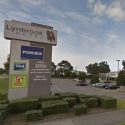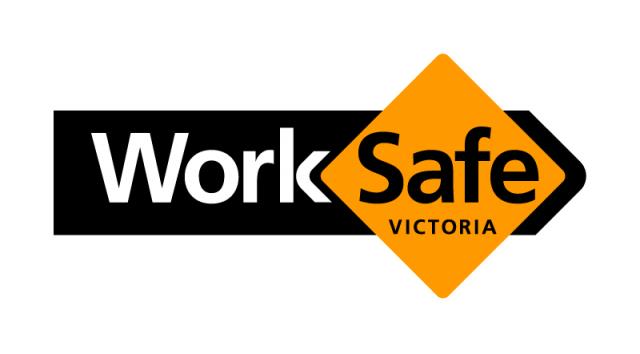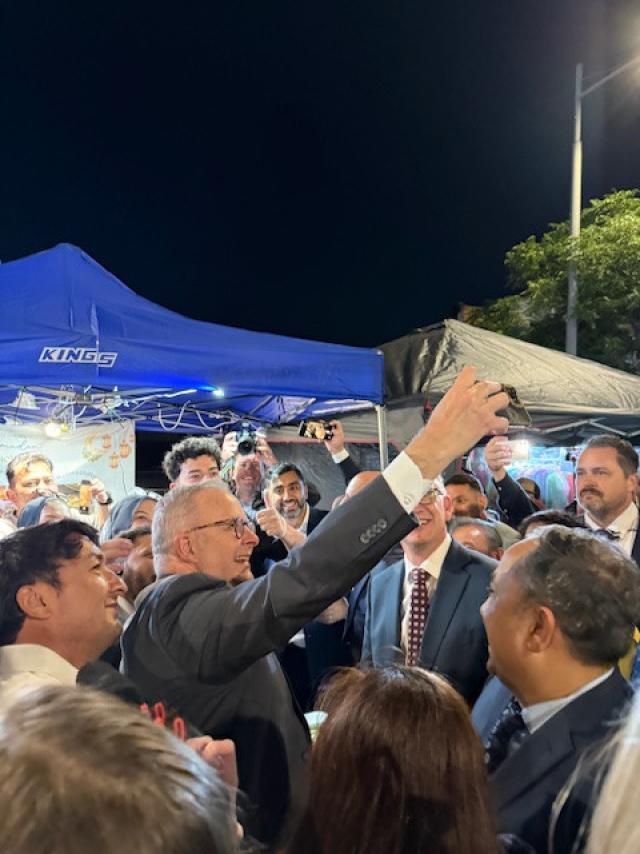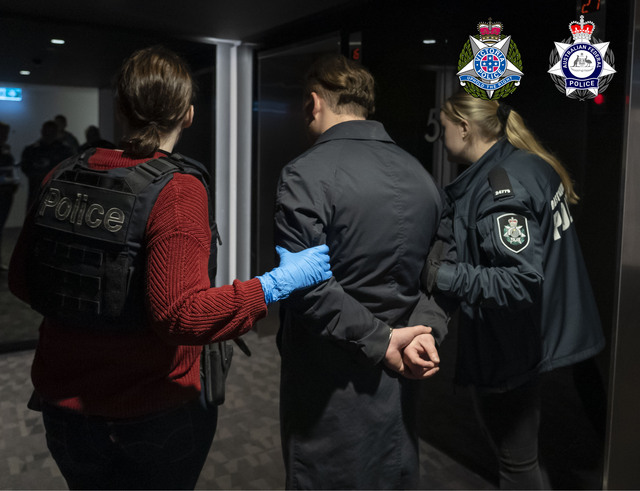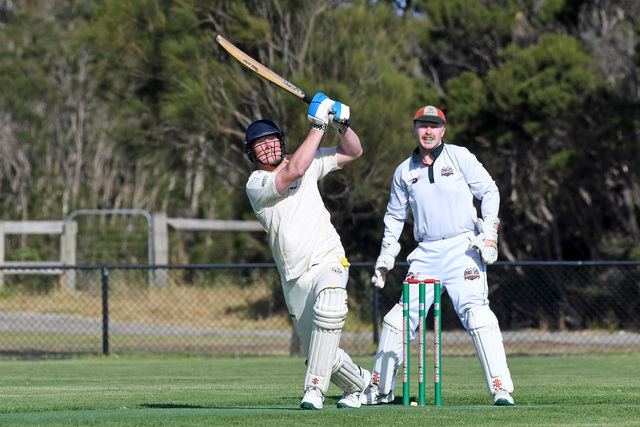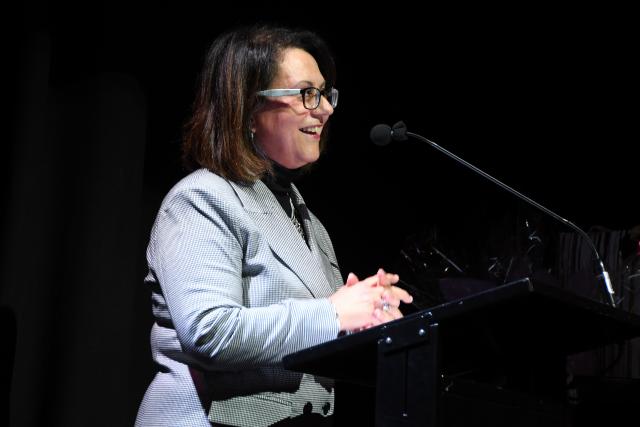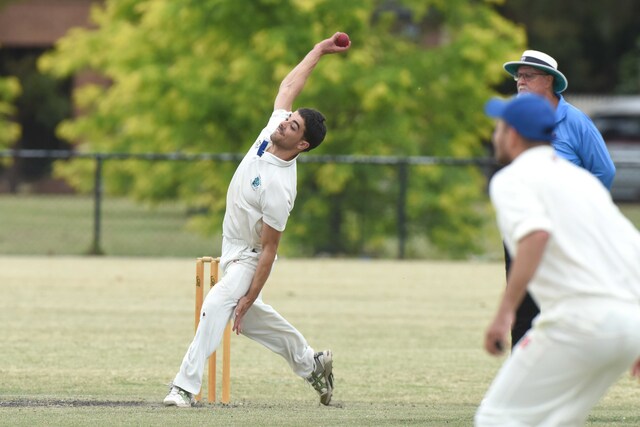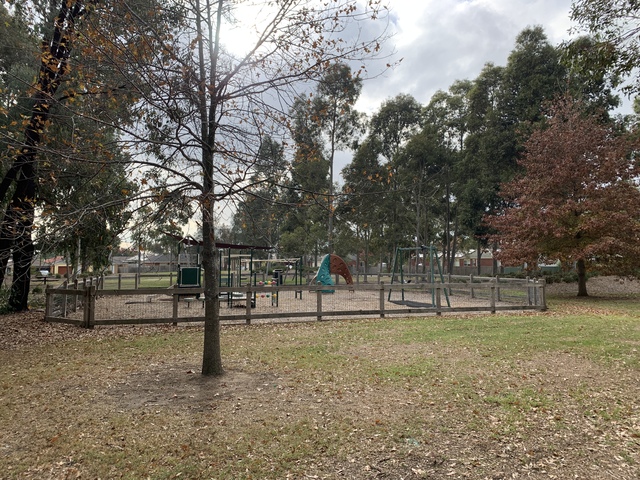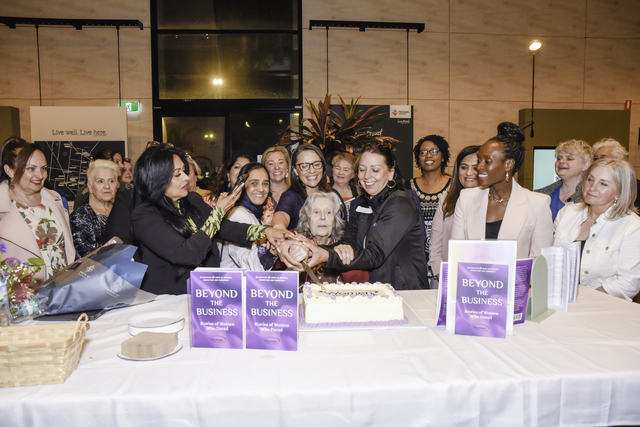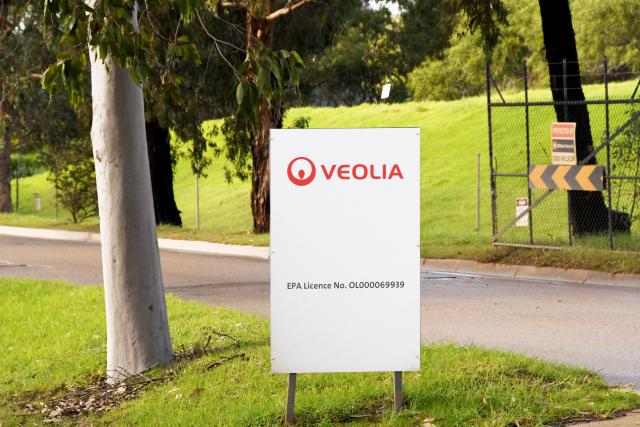By Brendan Rees
Community groups in Casey could cash in as much as $10,000 a year from pokies money generated by the Lynbrook Hotel.
At their 19 June meeting Casey Councillors voted to endorse a grant program offering between $1,000 and $10,000 per applicant, which would be paid in quarterly instalments.
Casey Council will await confirmation from Victoria’s gambling regulatory body regarding Lynbrook Hotel licence conditions before finalising funding guidelines and eligibility criteria.
It comes as the Victorian Commission for Gambling and Liquor Regulation (VCGLR) handed down an amended condition on the Lynbrook Hotel’s licence in February for the hotel to make $68,000 of annual community contributions from poker machines over a four-and-half year period to Casey Council – after years of not upholding this obligation.
On 11 May, Casey Council wrote to the VCGLR stating its intention to “opt in” of receiving and distributing annual ‘community contributions’ from the Lynbrook Hotel.
City of Casey Deputy Mayor Wayne Smith said he was not a fan of poker machines but the community had a “strong chance of continuing to miss out on the distribution of those funds.”
“We have come up with a good compromise and this is definitely a win for the Lynbrook community,” he said.
A report before councillors said contributions will be donated to not-for-profit community groups and organisations that provide support services to the Lynbrook community.
However, the vote at the 19 June council meeting was met with dissent from four councillors.
Cr Tim Jackson said “I’ve got a big concern that council is delving into roles that it should not be in.
“We see time and time again, government’s state or federal passing the buck onto council to get something for us to do and for our cost to do it,” he said.
Councillors also voted to endorse setting up a community panel to manage the distribution of the funds which would consist of up to four Casey residents, one representative from a social support organisation, one representative from a community organisation that advocates for the Lynbrook residents, and one Casey Council officer.
The Alliance for Gambling Reform director and spokesman Tim Costello said Casey Council should be careful not to legitimise the distribution of harmful poker machine profits from an operator with “a very chequered record.”
“With an annual budget of $441 million, even just devoting officer and councillor time on such a relatively small amount of money is giving the Lynbrook Hotel credibility it clearly doesn’t deserve,” he said.
“In 2016-17, Casey suffered the second largest pokies losses of any council in the state at $129 million and so far in calendar 2018, losses are up another six per cent.”
President of the Lynbrook Residents Association Jason Wood said: “We believe that after fighting for the funds over 10 years, having Council oversee the disbursement of the funds would provide a fair distribution for groups in the areas local to the hotel.”

